“No good movie is too long, and no bad movie is short enough,” Roger Ebert once said, responding to the moviegoer’s common lament that a film was good but “too long.”
The line always rushes to mind this time of year, with its frequent complaints of scenes too stuffed and paces too leisurely. If you don’t like a movie, all fine, he’d argue. But to love a movie and then demand its shortening is to miss the point. If the food is delicious, can the portions really be too big?
Yet one suspects this season, even ol’ Rog might have had second thoughts. The majority of the current best picture top 10 on THR‘s Feinberg Forecast clocks in at a length of at least two hours and 10 minutes, with three of those films (Dune: Part Two, Wicked and Brady Corbet’s immigrant epic The Brutalist) at least two hours and 40 minutes. Time is money. And at the multiplex, we are all Elon Musk.
At three hours and 35 minutes, The Brutalist tops even its swollen counterparts. The Adrien Brody vehicle is an opus so swaggy about its run time that it builds in an intermission — stopping the film midway through to drop a 15-minute countdown to the next act. That’s enough time in football to go to the locker room, hear an inspiring pep talk, binge-watch three episodes of Nobody Wants This and come back out for the second half.

At least that’s better than Wicked, which, after two hours and 40 minutes of modeling popular and defying gravity, ends in a cliff-hanger — you need to come back next year for the second part. By the time the story wraps, Dorothy will be sitting on a gingham couch playing mah-jongg at an independent living facility.
The world’s attention span is shrinking, news stories are becoming clips, and songs are now reduced to 15-second TikTok videos. Yet on the big screen, the films just keep inflating. In 2010, the first time the Oscars nominated 10 films, half of them didn’t even exceed an hour and 50 minutes. In 2024, most of the likely nominees are two hours or more.

Some of this can be chalked up to the increasing number of films of independent origin, without the market considerations built into their production. (Studios, at least with the mid-range movies in the 2000s and early 2010s, favored shorter films.) And some of it is attributable to the streaming factor. You don’t have to worry about length so much if you know viewers can just pause and come back later — something many did for Martin Scorsese’s three-and-a-half-hour Netflix drama The Irishman five years ago and may well do this year with the more manageable-but-still-field-strolling two hours and 10 minutes of Emilia Pérez.
The studio films that get through Hollywood’s tight greenlight bottleneck these days also tend to do so because of their filmmakers’ clout — the kind of clout that makes cuts for no man. If Ridley Scott and Marc Platt think a movie should stretch the length of the Honolulu marathon, then lace up your shoes and hold out the Gatorade, a 150-minute epic it will be.
The trend has been moving this way for some time. If you wonder whether you’re imagining that Oscar best picture winners have gotten longer over your lifetime, you’re not: Of the 10 shortest winners in history, the majority came out before 1975. Look at the list of the longest winners, on the other hand, and the majority came out after that year. Don’t be fooled by a few 1950s epics — from Titanic to Schindler’s List to Lord of the Rings: Return of the King, many of the longest winners come from right here in our era.
This supersizing arrives with a double edge; it’s a point to lament before seeing the film but worth taking pride in after making it through. At a CAA tastemaker screening of The Brutalist on Nov. 16, the jokes about bathroom breaks were abundant before the screening, but such talk quickly morphed into marveling about the film’s epic-ness afterward. Much of that is because of The Brutalist‘s greatness, no doubt. But some audience members also were just congratulating themselves for making it to the end.
Ditto for filmmakers, for whom excessive length can seem less like a sign of vanity than a mark of audacity — in a world of itchily hitting the skip-ad button five seconds into the YouTube video, a reluctance to tap quickly on the chess clock. Corbet’s project was so ambitious, no distributor would touch it when he shopped it in development. “It turns out not everyone was really excited to make a three-and-a-half-hour architecture drama,” he deadpanned after the tastemaker screening, though this played less as regret than as humblebrag. When a moment later Corbet said he shot the film in 33 days for $10 million, the audience let out a gasp, and you could practically hear ballots being checked off. To shoot a movie this long that fast — well, surely such a feat deserves a prize.
(The acting impresses on similar terms. For Brody to turn in his Hungarian-inflected volatility day in and day out, filling one frame after another, as he does, would seem to make him worthy of all the acting prizes. Same for Ariana Grande and Cynthia Erivo, who shot the two-part Wicked across three calendar years, from December 2022 to January 2024, minus a pause for the actors strike.)
At the Cannes Film Festival a number of years ago, Steven Soderbergh’s two-part, four-hour Che Guevara biopic, Che, coyly acknowledged its length with a satisfying gambit: Festgoers were given a boxed lunch upon entering the theater, giving a screening the vague aura of an afternoon hike.
One of the paradoxes of the streaming era is how, even amid its trigger-finger addictiveness to the next episode, binge-watching also has conditioned us to long investment times. The phenomenon has now extended to our Oscar-screener habits, in which we anxiously squirm to get to the next movie in the portal but will unthinkingly invest three hours of time once we arrive.
The impulse to cater to such instincts is laudatory and a little beside the point. Certainly in a climate of so much distraction, a movie that offers the chance to bubble out the real world for an extended period is noble. But we still shouldn’t equate quantity with quality or ignore subject matter relevance. Some movies merit their length; you wouldn’t want to rush through the Civil War or the Holocaust. But not every Oscar contender is Gone With the Wind or Shoah.
Yet those viewers TikTok-ified into shorter attention spans may have the last laugh. The current top movie on the Feinberg Forecast — the film that may be left standing when all is said and done — is September 5, a 91-minute cinematic bullet that covers just 22 hours in narrative time and, with its fast dialogue and high-pressure situations unfolding in an ABC Sports production booth, is over practically before we even realized that it began. Tim Fehlbaum’s movie would be the second-shortest best picture winner of all time, outlasting the shortest, 1955’s Marty, by a minute.
If the season ends up becoming a three-way race among September 5, Wicked and The Brutalist, as it well could, it will be a competition not only between different avenues into these movies’ themes of otherness but a referendum on cinematic chronology itself. Do we want our contemporary films fast and relentless, like modernity? Or do we want them endless, languorous, indulgent — the kind of thing we used to mock Hollywood for but that now seems almost charming in a world of cutthroat data-driven efficiency? No bad movie is short enough, but any long movie by definition must be good.
This story appeared in the Nov. 20 issue of The Hollywood Reporter magazine. Click here to subscribe.

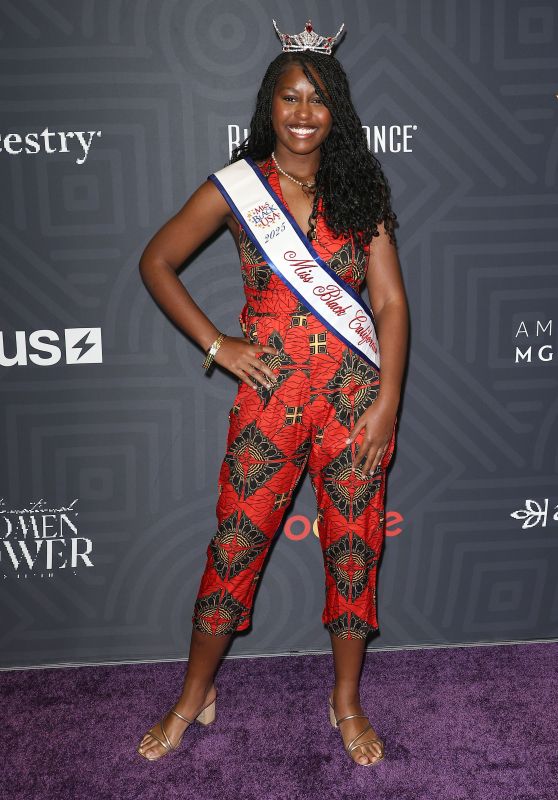
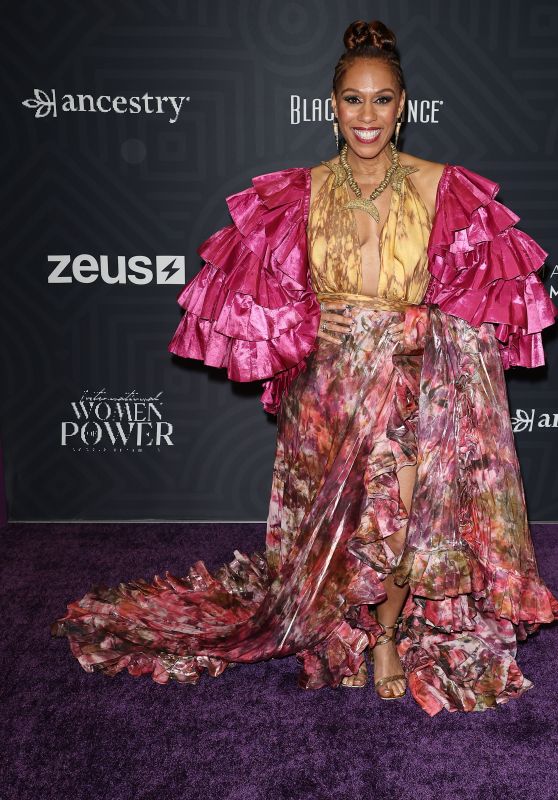
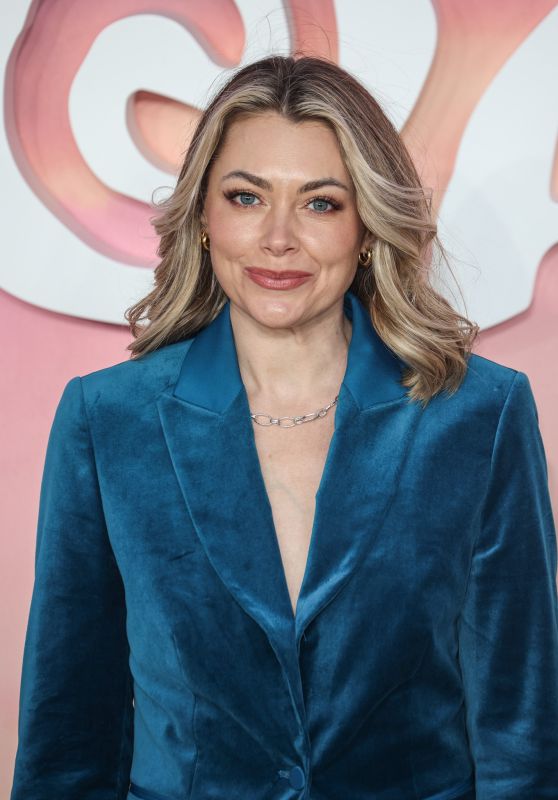
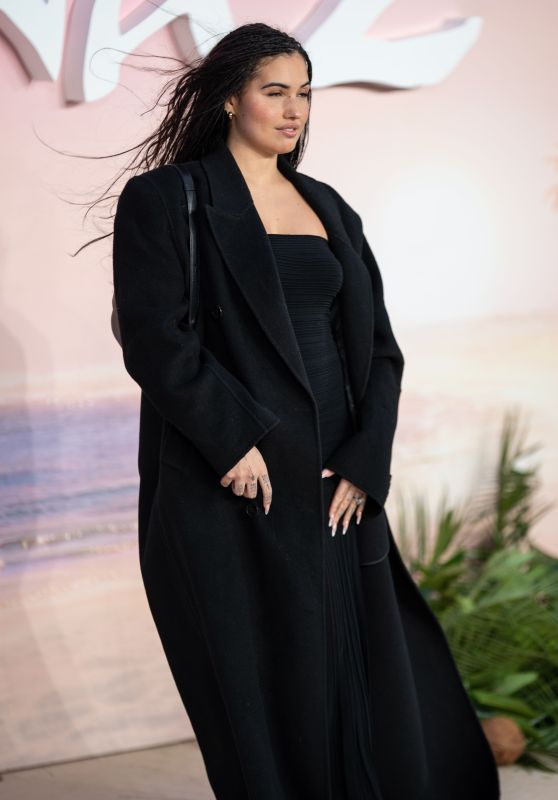
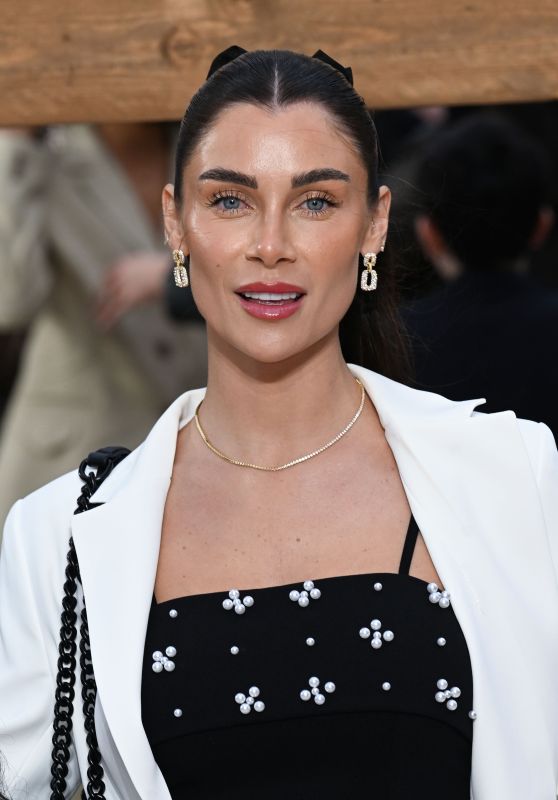

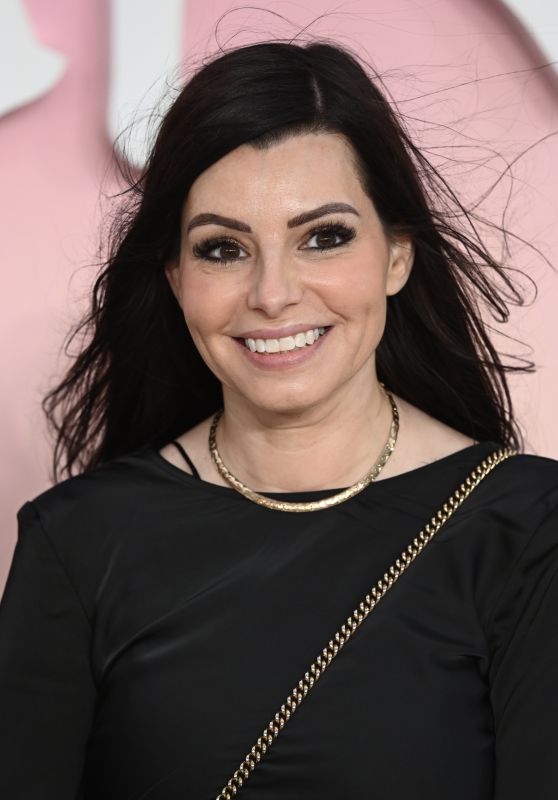
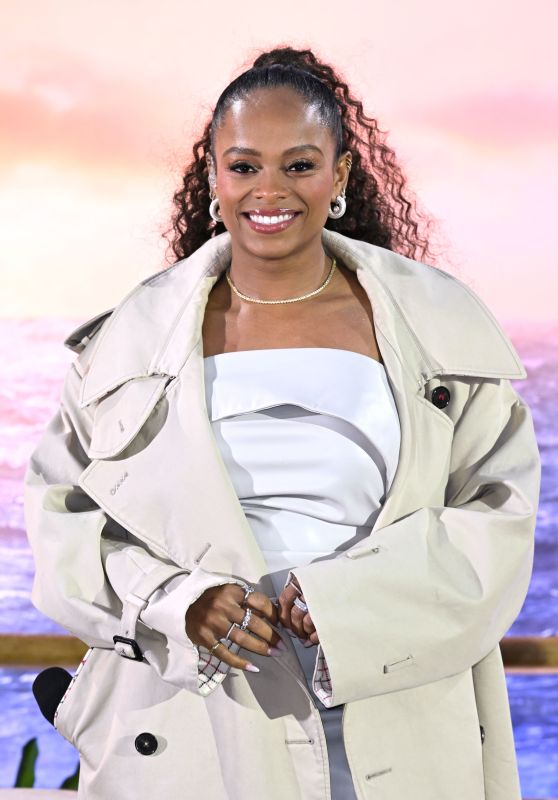

![Claire Sweeney Enjoys Paddington Bear Experience in London [11-24-2024]](https://celebmafia.com/wp-content/uploads/2024/11/claire-sweeney-enjoys-paddington-bear-experience-in-london-11-24-2024-3_thumbnail.jpg)
![Cristina Comencini at Vanity Fair Stories Event [11-23-2024]](https://celebmafia.com/wp-content/uploads/2024/11/cristina-comencini-at-vanity-fair-stories-event-11-23-2024-3_thumbnail.jpg)







 English (US) ·
English (US) ·